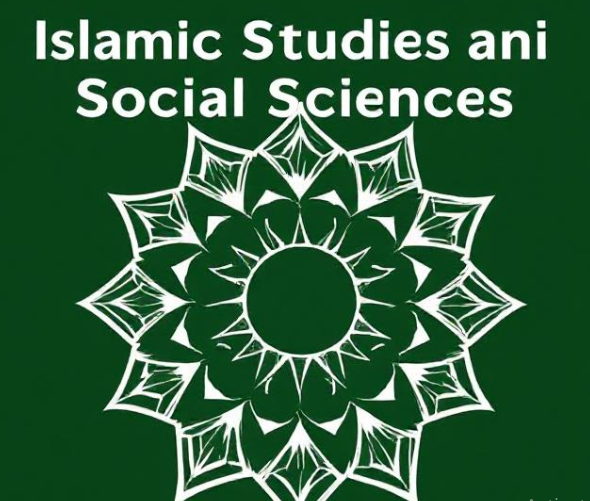Islamic Studies and Social Sciences: Preserving Values with Modern Knowledge
In today’s rapidly changing world, education is not just about acquiring knowledge — it is about shaping character, building strong moral foundations, and understanding the responsibilities we hold as individuals and as a society. The fields of Islamic Studies and Social Sciences offer a unique combination of traditional wisdom and modern learning, helping students navigate life with purpose, ethics, and awareness.
Institutions like The University of Faisalabad (TUF) are playing a vital role in promoting this balance by integrating Islamic teachings with contemporary disciplines, preparing students to become professionals who contribute positively to society while staying rooted in faith and values.
The Essence of Islamic Studies
Islamic Studies focuses on understanding Islam in its true spirit — as a complete code of life. It explores the Qur’an, Hadith, Islamic law, history, and civilization, enabling students to appreciate the depth of Islamic knowledge. Through this discipline, learners gain insight into the ethical, spiritual, and intellectual dimensions of Islam.
In Pakistan, the demand for qualified scholars and educators in Islamic Studies continues to grow. Graduates can contribute to education, research, religious institutions, and even policymaking. More importantly, they play a crucial role in preserving cultural and moral values in a globalized world.
Islamic Studies at TUF encourages critical thinking and reflection. Students are not only taught religious knowledge but also trained to apply Islamic principles in addressing modern challenges — such as ethical dilemmas in medicine, technology, and social justice.
The Role of Social Sciences in Understanding Society
Social Sciences focus on studying human behavior, social relationships, and cultural development. Disciplines like sociology, psychology, political science, and education help us understand how societies function and evolve. These fields are essential in addressing issues like poverty, inequality, education reform, and community development.
Students of Social Sciences are trained to think critically, analyze data, and find solutions to social problems. They develop skills that prepare them for careers in education, public administration, counseling, and research. By combining empathy with analytical ability, social scientists contribute to building more inclusive, equitable, and sustainable societies.
Integration of Faith and Modern Knowledge
One of the greatest strengths of The University of Faisalabad is its commitment to merging traditional Islamic education with modern scientific and social disciplines. This integration empowers students to approach global challenges from a faith-based yet progressive perspective.
For example, students learn how Islamic principles can guide ethical leadership, social justice, community welfare, and responsible citizenship. They are encouraged to use modern research methods while remaining mindful of moral and spiritual values. This harmony between knowledge and belief creates graduates who are both intellectually capable and spiritually grounded.
Career Opportunities in Islamic Studies and Social Sciences
Graduates in these disciplines have diverse career opportunities. They can serve as teachers, counselors, researchers, administrators, journalists, and social workers. Many also work with NGOs, government departments, and international organizations that focus on education, human rights, and community welfare.
Islamic Studies graduates often find positions in educational institutions, mosques, Islamic centers, and media, where they promote authentic Islamic knowledge and moral awareness. Similarly, Social Science graduates are equipped to work in policy development, research, and social reform initiatives.
Both fields also open doors for postgraduate research, enabling students to contribute academically to global discussions on ethics, religion, and society.
Building Character and Leadership
Education in Islamic Studies and Social Sciences not only develops knowledge but also builds character. At TUF, students are taught to uphold integrity, empathy, and leadership — qualities that make them valuable members of any community.
Through seminars, research projects, and social outreach programs, they learn the importance of compassion, teamwork, and service to humanity. This holistic approach ensures that graduates become agents of positive change, contributing to both national progress and global peace.
Conclusion
Islamic Studies and Social Sciences are essential disciplines that connect the past with the present, faith with reason, and knowledge with humanity. They guide individuals to lead purposeful lives, grounded in moral values and intellectual curiosity.
By offering comprehensive programs in these fields, The University of Faisalabad (TUF) continues to nurture students who preserve Islamic identity while embracing modern education. This balance of spiritual wisdom and contemporary knowledge empowers graduates to serve society with excellence, compassion, and faith.

